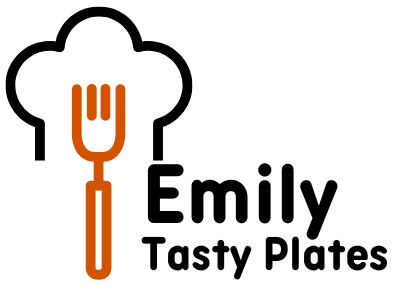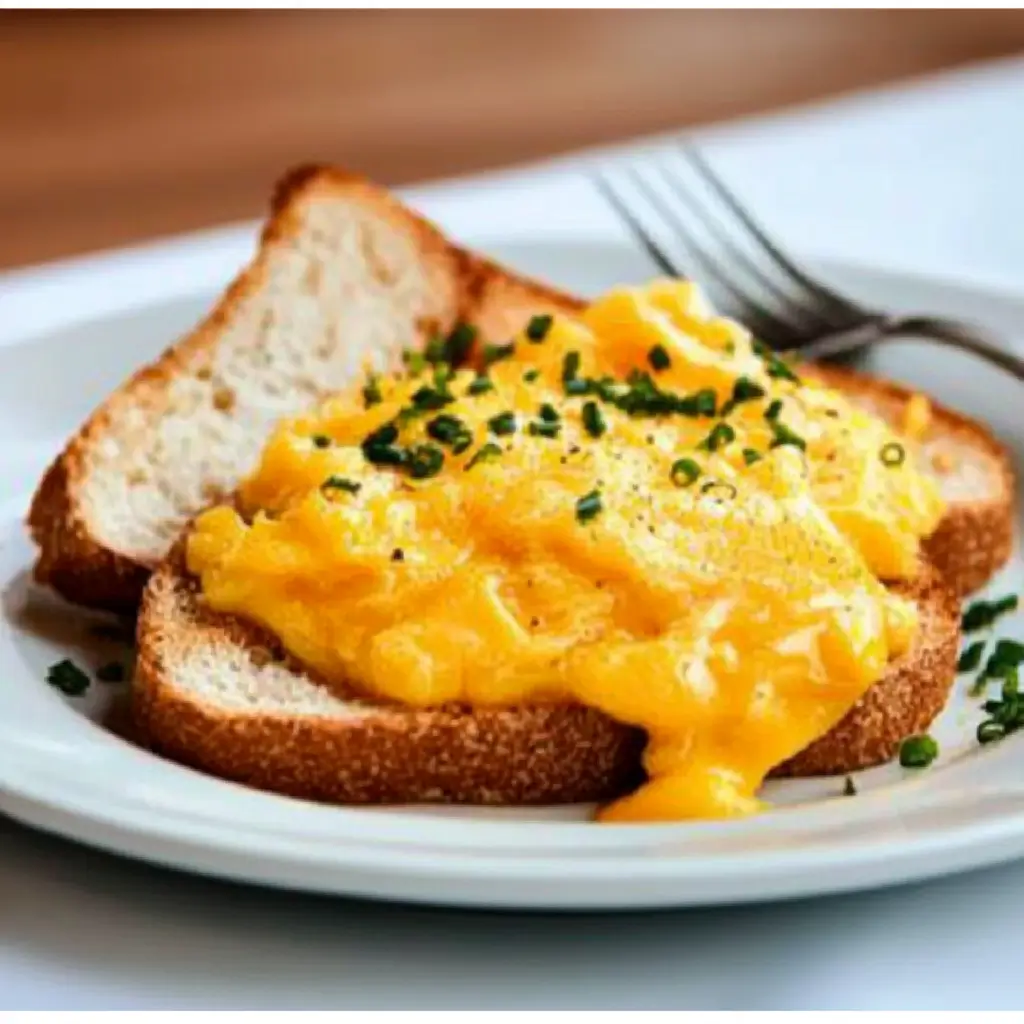Nutritional Showdown: Eggs vs. Cheese
Folks often get curious about the good stuff in eggs and cheese, especially if you’re like me and dabbling between breakfast omelets and gooey cheese sandwiches. Let’s chat about what’s inside these two favorite foods, from cholesterol to calcium to potassium. Yep, we’re diving into the nitty-gritty!
Cholesterol Buzz
So, here’s the lowdown on cholesterol: eggs versus cheese. Eggs are pretty modest in the cholesterol department compared to cheese. They’ve got a whopping 74% less cholesterol than cheese does. To break it down, eggs pack 372mg of cholesterol per 100 grams, while cheese has 95mg in the same size serving. That’s something to think about if you’re keeping an eye on cholesterol for heart health.
Calcium Clash
Now, if you’re hunting for calcium, cheese is your best buddy. It’s tippin’ calcium scales at 10 times what eggs offer. For every 100 grams, eggs bring in 56mg of calcium, whereas cheese throws down 659mg. So, if you’re aiming for strong bones or dent-free smiles, cheese might be the winner here.
Potassium Punch
We’re not stopping there—what about potassium? Here, eggs edge out as the heavyweight champ. Eggs deliver 62% more potassium than cheese, offering 138mg compared to cheese’s 85mg per 100 grams. Potassium’s got your back when it comes to helping muscles flex and nerves zing, making eggs a solid choice for your body’s high-fives from the inside out.
Knowing the nitty-gritty differences between eggs and cheese in terms of cholesterol, calcium, and potassium helps when you’re whipping up something delicious, like a smashing egg and cheese sandwich. And hey, understanding what’s in your food makes munching not just tasty but also health-savvy. Who’d say no to that combo?
Health Impact of Eggs and Cheese Together
Hey, let’s chat about what happens when eggs and cheese team up. It can be a love story for your taste buds, but your heart needs a bit more info. Eggs may be your heart’s new best friend when it comes to shaking up those pesky LDL particles, which might lower your risk of heart disease (Healthline). But wait up, ’cause some egg-centric studies hint at a connection with heart-related drama, needing a bit more digging to get the full story.
Now, about cheese – the creamy goodness has some magic too. Dairy fats in cheese offer up a sprinkle of conjugated linoleic acid (fancy word, huh?), which could help keep inflammations and love handles in check when enjoyed responsibly (WebMD). Lower-fat, low-salt cheeses like cottage, ricotta, parmesan, feta, or goat cheese might play a role in keeping blood pressure stuff under control, thanks to their calcium boost (WebMD).
But don’t jump on the egg and cheese bandwagon without checking in with your tummy! Some folks might find the combo a little unfriendly on the digestive front, causing some unwelcome bloating or discomfort. It’s time to channel your inner detective and see how your body reacts, making changes as needed.
Keeping eggs and cheese as part of a balanced diet is the trick. Enjoy them without going overboard, and mix in a colorful array of nutrient-packed foods to keep everything in harmony. Listen to your body, as each one likes and dislikes different things. You do you, and make those choices that make you feel just right.
Understanding Saturated Fat in Cheese
Alright, let’s chat cheese! When you dig into that gooey, melty pizza or enjoy a good ol’ cheese platter, have you ever thought about the saturated fat lurking within? Yeah, cheese packs a punch with about 16.1g of this stuff per 100 grams. I mean, compare that to eggs lounging comfortably at just 3.1g per 100 grams (Souper Sage)!
Now, before you burn all your cheddar in a fit of health-conscious panic, consider this—while too much-saturated fat might give your heart some extra work, dairy fats, like those in cheese, have something called conjugated linoleic acid (CLA). Sounds fancy, right? Well, this stuff can help calm inflammation and fend off heart troubles and, yes, even help keep the waistline in check—if we’re talking moderation, that is. Some theories even give a nod to full-fat delights in a balanced diet for added benefits (WebMD).
Moderation in Consumption
So, let’s talk about how not to turn cheese love into heartache. Cheese gifts us things like calcium, which helps tackle high blood pressure. But all good things are in balance, right? Maybe try winding down on the fattier cheeses and giving lower-fat gang members like cottage cheese, ricotta, parmesan, or even goat cheese a whirl. They bring their health perks without forcing you to close the saturated fat gates (WebMD).
Did I mention cheese is like a little health guardian? It packs glutathione—sounds like a robot from the future but actually, it’s an antioxidant friend to your brain and blood vessels. A small study even found folks munching cheese had healthier blood vessels than those chomping on other snacks (WebMD).
And don’t forget the goodness of fermentation. Cheese doesn’t just taste great—it’s like a party for your gut with its probiotics helping out your digestion and keeping cholesterol in check. Sure, kombucha and sauerkraut get all the probiotic glory, but cheese deserves a slow clap, too (WebMD).
So here’s the scoop: understanding the saturated fats in cheese and how they tango with heart health is key. Indulge smartly; enjoy your cheese spread or that slice of pizza in moderation. When in doubt, go for balance and remember that mindful munching can let you savor cheese without throwing your health under the bus. 🧀
Benefits of Eggs and Cheese
Let’s talk about eggs and cheese. These two are like the dynamic duo of the breakfast table and beyond, packing a nutritious punch you don’t want to miss.
Protein and Vitamin Content
Eggs are little packets of goodness, aren’t they? They hold a secret ingredient called choline, which is like the unsung hero of body functions—helping to build cell membranes and making brain-important stuff, like signaling molecules. Just one egg brings over 100 mg of choline to the party! Plus, they’re loaded with top-notch protein, perfect for fixing up and growing muscle.
Cheese, on the flip side, is the go-to for calcium and protein, both crucial for keeping your bones strong and muscles in check. It has whey protein in it too, the same kind you find in those muscle-making powders, so it’s a great pick if you’re into maintaining or building those gains.
Antioxidants and Nutrient Profile
Eggs and cheese are not just tasty; they’re packed with a bunch of other good stuff—vitamins and minerals galore. Eggs, for one, are full of antioxidants and have things that might keep your heart ticking smoothly. Some say they can change up the bad cholesterol in a way that’s good for your heart. However, it’s wise to keep an eye on how many you eat since there are talks about eggs maybe linking to heart issues—moderation folks!
Cheese takes it up a notch with something called conjugated linoleic acid (CLA), popping up in its dairy fats. CLA’s been said to help cool down inflammation, aid in dodging heart problems, and even keep the pounds at bay. Full-fat or not, a splash of cheese here and there can round out your diet nicely, offering up good-for-you nutrients if you keep it sensible.
So, when you’re whipping up a meal with eggs and cheese, keep an eye on how much you’re using and stick to smart eating routines. Knowing what’s in your food can help you stay on track nutritionally without skimping on taste. Try out different ways to cook and pair them to mix things up, and enjoy the combo while keeping your diet balanced and varied.
Portion Control and Healthy Eating Habits
So, let’s chat about munchin’ down an egg and cheese sandwich while keeping things healthy. It’s all about getting just the right amount on your plate and forming good eating habits. How’s that for smartly tackling taste?
Importance of Meal Planning
Planning meals isn’t just for the fancy folk. It’s your secret weapon against overstuffed plates and bad choices. Could save you a buck or two as well! The British Heart Foundation has this nifty guide showing exactly what a proper serving size should look like. Handy, huh?
Now, when you’re plotting out meals, make sure to squeeze in a mix. We’re talking fruits, veggies, whole grains, lean proteins, and dairy. Whole gang. Keeps your diet lively and loaded with nutrients your body loves. Plus, it helps dodge those “Oops, grabbed a donut for lunch” days.
Balancing Nutrient Intake
Balancing your plate keeps your body running smoothly. Sure, that egg and cheese sandwich is a tasty treat, but pair it up for a powerhouse meal. According to the Google Store, a typical 2000-calorie diet suggests you catch about three servings of fat-free or low-fat dairy each day.
Boost your sandwich by piling on fresh veggies or fruit slices. Besides adding a crunch, they up your meal’s vitamin content and fiber game. Whole grain bread? Way to win, buddy. Your gut will thank you.
Jam-packing your meals with a variety of nourishing goodies while sticking to sensible portions is like hitting the wellness jackpot. And remember, while enjoying the melty-cheese goodness of your sandwich, keep moderation in mind. It’s all about balancing sizes, mixing it up with different nutrients, and keeping mindful of what goes in your belly. Cheers to eating smartly!
Practical Tips for Egg and Cheese Consumption
Okay, listen up, egg and cheese sandwich lovers. There’s more to these delicious creations than you might think. Let’s shake things up a bit and tackle enjoying them in a way that’s tasty and balanced. I’m throwing in some snack-worthy ideas and quirky swaps that might hit the spot—without making your doctor frown.
Healthy Pairing Ideas
- Whole Grain Bread: Swap out boring white bread for some fiber-stuffed whole grain. Not only is it better for you, but it keeps your belly happy for longer and prevents those pesky hunger pangs.
- Leafy Greens: Toss in some spinach or arugula for that extra crunch and a load of vitamins. It’s like giving your sandwich a tiny green superhero cape.
- Tomatoes: Slide in a few tomato slices. They’ll boost the taste and chuck in some antioxidants, playing superhero by teaming up with your eggs and cheese.
- Avocado: Avocado’s the cool kid in the sandwich world—creamy, full of good kinda fats, and healthier than your teenager’s TikTok. Not to mention, it’s buttery smooth and goes oh-so-smoothly with cheese.
- Turkey Bacon: If your tastebuds crave bacon but your waistline says no thanks, turkey bacon is your jam. It brings that savory, smoky vibe without the bad stuff.
Mix and match these gems, and you’ll whip up an egg and cheese sarnie that hits all the right notes: taste, nutrition, and non-guilty indulgence.
Alternative Ingredient Options
- Low-Fat Cheese: Keep it cheesy without the guilt of grabbing low-fat cheese. You get flavor and creaminess minus the calorie hangover.
- Egg Whites: Chuck the yolk if you’re fretting over cholesterol or counting calories. Egg whites bring protein to your plate and keep things on the lighter side.
- Vegan Cheese: No dairy? No problem! Vegan cheese made from nuts or soy doesn’t shortchange you on taste. Perfect for folks on plant-based diets or those who can’t do lactose.
- Egg Substitutes: Consider swaps like tofu or mashed banana to replace eggs. They’re great for vegan plates or when you’re cutting down on cholesterol.
- Spices and Herbs: Spice things up with a dash of paprika or herbs like basil. They pack a flavor punch without piling on the calories or salt.
These swaps open the door to loads of ways to create a scrumptious egg and cheese sandwich fit for any taste or diet need. Don’t forget to keep it balanced and make sure you’re not overindulging—it’s about enjoying that Sammy and keeping you in tip-top shape, too!

